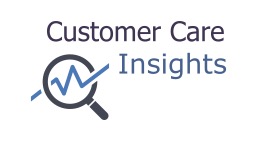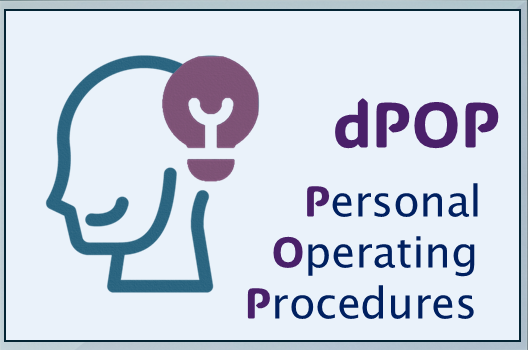 “The key to learning is feedback. It is nearly impossible to learn anything without it.” – Steven D Levitt.
“The key to learning is feedback. It is nearly impossible to learn anything without it.” – Steven D Levitt.
In a recent article by Kate Maltby in the Observer she lamented the incessant demand for consumer feedback as the newest plague on our inboxes.
In today’s digital age, online reviews have become integral to consumer decision-making processes. Before purchasing products or services, many individuals turn to platforms like Tripadvisor to gauge the experiences of others. This shift has not only transformed how consumers shop but also how businesses operate, emphasising the importance of maintaining a positive online presence.
The reliance on online reviews has seen a significant surge over the past decade. A recent survey revealed that 98% of consumers read online reviews at least occasionally, with 77% doing so frequently or always. Notably, the percentage of individuals who never read reviews has plummeted from 13% in 2020 to a mere 2% in 2021.
This trend underscores the growing trust and dependence consumers place on peer evaluations.
Moreover, 95% of customers check reviews before making a purchase, highlighting the critical role reviews play in the buying journey.
This behaviour is consistent across various demographics, with 93% of consumers stating that online reviews influence their purchasing decisions.
While there is no doubt that reviews are helpful there is an increasing trend of demand from companies that seek to force us to be compliant in this review system.
Tripadvisor has emerged as a dominant force in the review sector, particularly in the travel and hospitality sectors.
As of 2024, Tripadvisor boasts over 1 billion reviews and opinions covering nearly 8 million businesses worldwide.
This extensive repository of user-generated content offers travellers’ insights into accommodations, restaurants, and attractions, aiding them in making informed choices.
This content influenced 13% of international trips and almost 8% of all domestic travel worldwide.
For businesses, especially in the hospitality industry, maintaining a positive presence on Tripadvisor is crucial. Nearly 90% of hoteliers acknowledge that Tripadvisor is essential to their business.
Positive reviews can lead to increased bookings and revenue, while negative feedback can deter potential customers.
Furthermore, businesses with 10 or more reviews experience a 15-20% increase in search traffic, emphasising the value of accumulating authentic feedback.
This trend has prompted companies to actively engage with customers online, encouraging satisfied patrons to share their experiences and addressing concerns raised in negative reviews.
However, there is also a degree of unease about the complete authenticity of these reviews.
Last July a restaurant chain in the north-east of England revealed it was being blackmailed by a gang who had begun to post poor reviews and threatened to continue if there was no payment.
In 2023 Which magazine revealed that 10% of surveyed Amazon customers had been offered incentives to provide five-star reviews, in some cases to a value higher than the original spend.
So, in 2025 has the consumer arrived at saturation point with reviews?
Well, in Kate Maltby’s case after one purchase she was invited separately to review the web portal, the individual brand and the delivery company. She felt it was enough to drive people back to shopping in cash – anything that doesn’t require an email address.
And, According to a study by Enchant, 74% of customers are only willing to answer 5 or less questions in a survey, and increasing the length of a customer survey from 3 to 4 questions can drop the completion rates by 18%.
Aaron Platshon, CEO of player-insights firm Tap Research, said in regard to survey length: “Eight minutes is the new ten minutes.” He also found that respondents will abandon long surveys without completing them, and now they will abandon them even quicker than they did in the past.
The abandonment rate rose from 23% in 2017 to 53% in 2022.
Less patience with long surveys is driven in a large part by the increasing use of mobile devices to take surveys, which has now grown to over 82%.
At Customer Care Insight we have find that Net Promoter Score (NPS) is an ideal survey format and gets direct, focused information to front-line staff very quickly.
Read our recent Blog on NPS to get more details of how you can use NPS to your advantage.
You can call Frank directly on 087 206 1934 or frank@customer.ie for more information.
“It’s important to have a feedback loop, where you’re constantly thinking about what you’ve done and how you could be doing better” – Elon Musk

